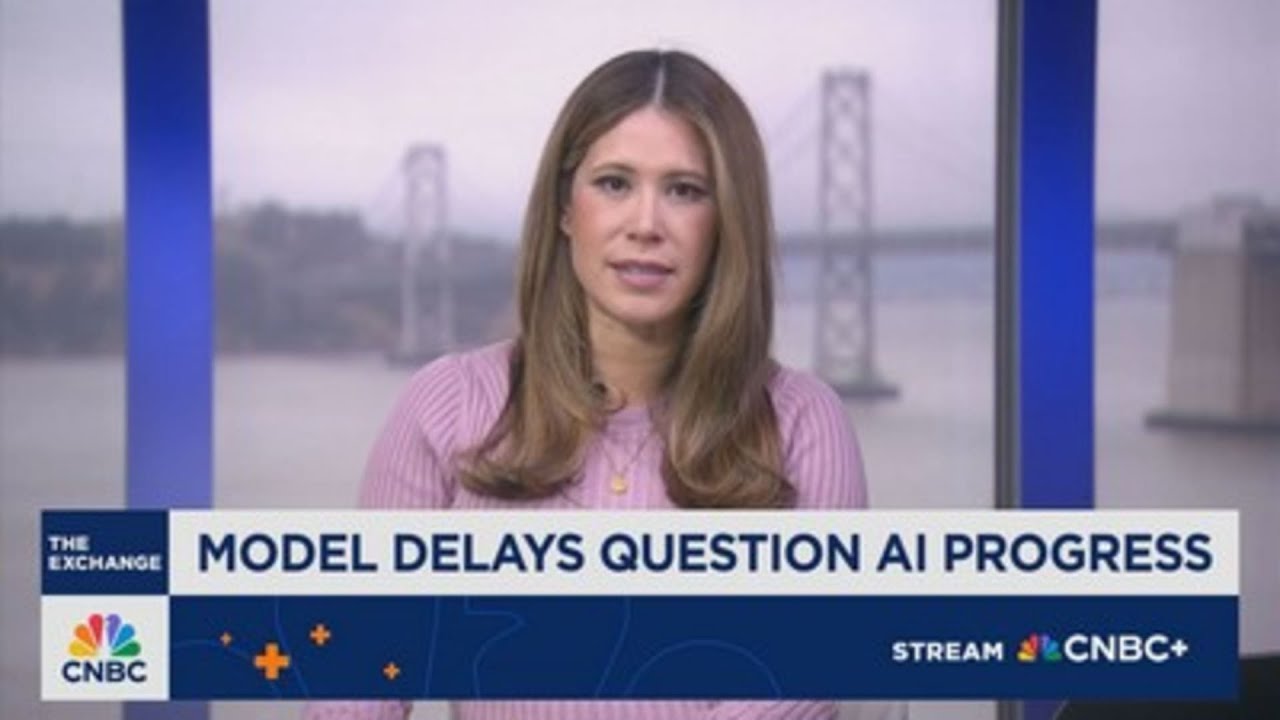The video highlights a slowdown in major AI model advancements despite increased infrastructure spending, with companies experiencing delays and incremental progress in AI capabilities. It emphasizes a shift toward focusing on practical product development and user experience, while remaining optimistic about future breakthroughs in reasoning and autonomous AI.
The video discusses the current state of AI development, highlighting a disconnect between the rapid growth in AI infrastructure spending and the slower pace of actual model advancements. While AI usage continues to explode, breakthroughs in model capabilities are becoming less frequent and more incremental. Companies like Meta, which has struggled to release new Llama models, and others like Anthropic and Deep Secret, are experiencing delays and mixed results with their latest models, raising questions about the pace of progress in AI.
The speaker notes that earlier in the AI race, significant model improvements were announced every few months, but now the intervals between major updates have lengthened. For example, Anthropic’s Claude models show only modest gains, excelling in some areas like coding but falling behind in reasoning, visual tasks, and math. Similarly, tool use, a crucial step toward autonomous AI agents, has seen little progress. Meanwhile, highly anticipated models like OpenAI’s GPT-5 remain unseen, with no clear timeline for release, adding to the sense of stagnation.
The discussion also touches on the strategic shifts at companies like Meta, which has restructured its AI teams to focus separately on product development and artificial general intelligence (AGI) research. This move suggests some realization that previous efforts may not have been aligned with the most effective paths forward. The overall narrative indicates that despite heavy investments in infrastructure, the tangible progress in creating more capable and versatile AI models is slowing down, which could impact investor confidence and the future of AI innovation.
The speaker emphasizes the importance of product development and user experience, noting that improvements in AI are not just about more powerful models but also about making AI tools more practical and accessible. For instance, ChatGPT’s success is partly due to its user-friendly features like folder organization, which enhances usability. As AI models become more integrated into daily applications, the focus is shifting toward delivering killer use cases and improving product features, even if the underlying models are not advancing as rapidly as before.
Finally, the conversation concludes with optimism about the potential for AI to reach new levels of reasoning and autonomous capabilities, despite current delays. The speaker suggests that we may already have enough data and computational power to develop advanced AI agents, and the key will be scaling reasoning abilities. The upcoming releases from companies like Salesforce are anticipated to shed more light on the future trajectory of AI development, balancing the need for both model improvements and innovative product applications.
